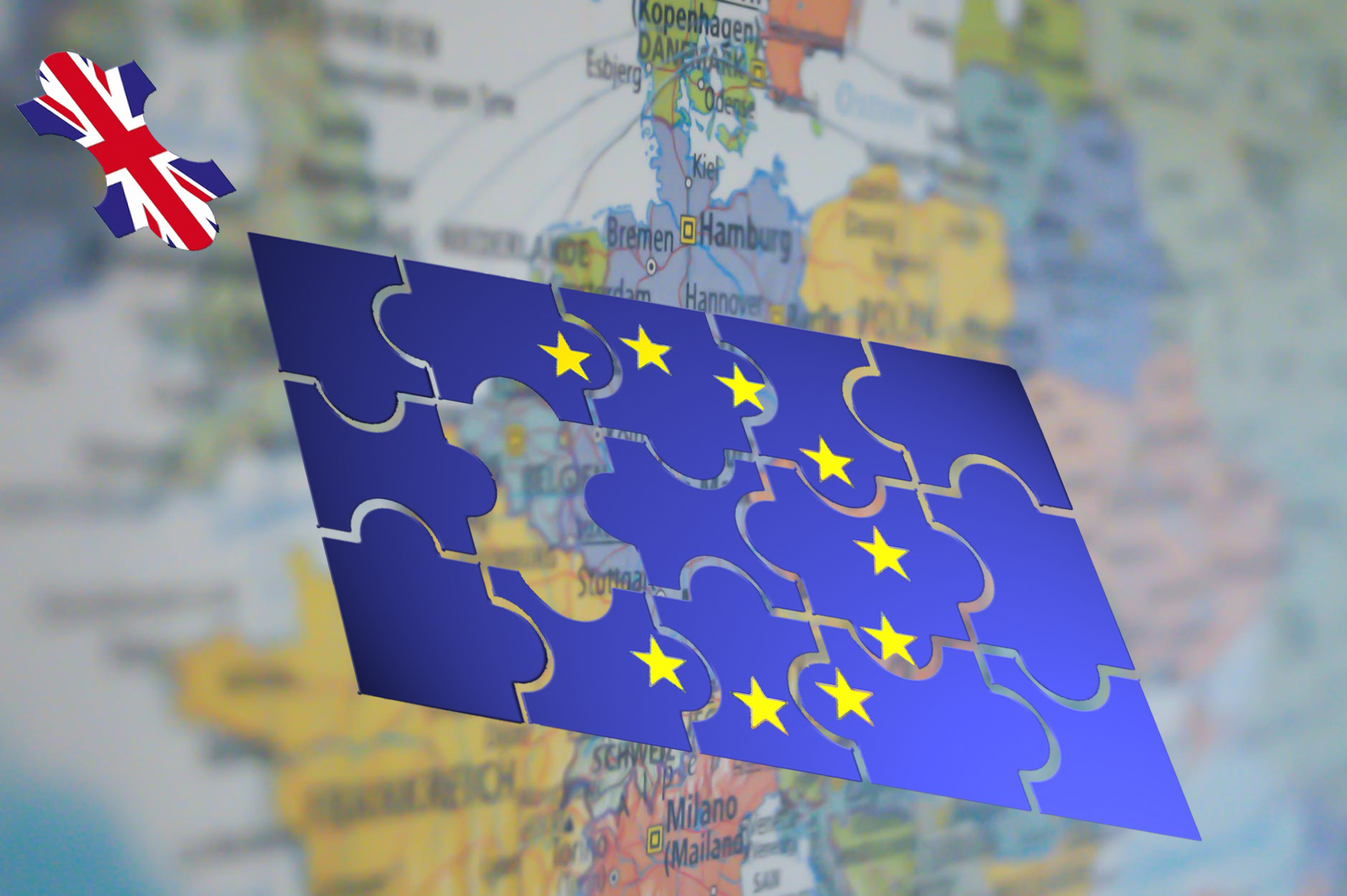
London(People's Daily) - On Friday evening, the United Kingdom will officially leave the European Union, making it the first country to leave the bloc.
It took the UK more than three and a half years to finally deliver the results of the June 2016 referendum. Progress toward Brexit was accelerated after the general election last month, when the Conservatives formed a majority in the UK Parliament. On Wednesday, members of the European Parliament ratified the Brexit Withdrawal Agreement, days after Queen Elizabeth II signed the Brexit bill and made it law.
For most citizens of the UK and EU, few changes are expected in February, as the UK and EU will immediately enter a “transition period” after Brexit until the end of the year. During the transition period, both sides will continue the current trade framework. UK nationals can still queue in the areas reserved for EU arrivals only. Driving licenses and European Health Insurance Cards will also continue to be valid.
However, 73 MEPs from the UK will lose their seats and the UK Prime Minister Boris Johnson will no longer participate in the EU Summit unless invited.
There is no doubt that trade talks and negotiations will become the main topic during the transition period, as the UK wants to try its best to strike a frictionless trade deal with the EU after leaving the single market. For years the EU has remained the UK’s biggest trading partner. Currently, nearly a third of the UK’s food comes from the EU, about 55% of all cars made in the UK are exported to the EU. The UK also needs to negotiate with many other countries outside EU, as it will soon lose all the trading benefits as an EU member state. The agreements reached between the UK and other countries so far are not enough to ensure its foreign trade to continue smoothly.
“On Friday, nothing changes, but in fact everything changes,” said Aline Doussin, partner of the law firm Hogan Lovells. “The UK will have negotiations with Japan, negotiations with the US, and negotiations with the EU-27. It is a lot to do at the same time. Although governments always negotiate with a number of trading partners at the same time, the scale of trading partners that the UK is negotiating with at the same time is unprecedented.”
Most experts predict that 11 months, the length of the transition period, is too short a period to reach a deal that covers all aspects of trade. Some believe that the UK should focus on key sectors. “We are going to end up with a number of short-termed quick agreements to cover key sectors that matter to European partners and ourselves, and we will find ourselves facing 4 or 5 years of lengthy negotiations over a settled relationship with the EU,” said Dominic Grieve, former attorney general. Others think although the PM made it clear that UK will not look for an extension of the transition period, the UK and EU may find a way to extend the period in order to finish the trade deal.
In the worst-case scenario, if the UK could not reach any deal by the end of 2020, it will face a “hard Brexit.” In that case, the UK’s trade with the EU would be based on WTO terms, and many economic sectors would be severely damaged by taxes and custom checks.


